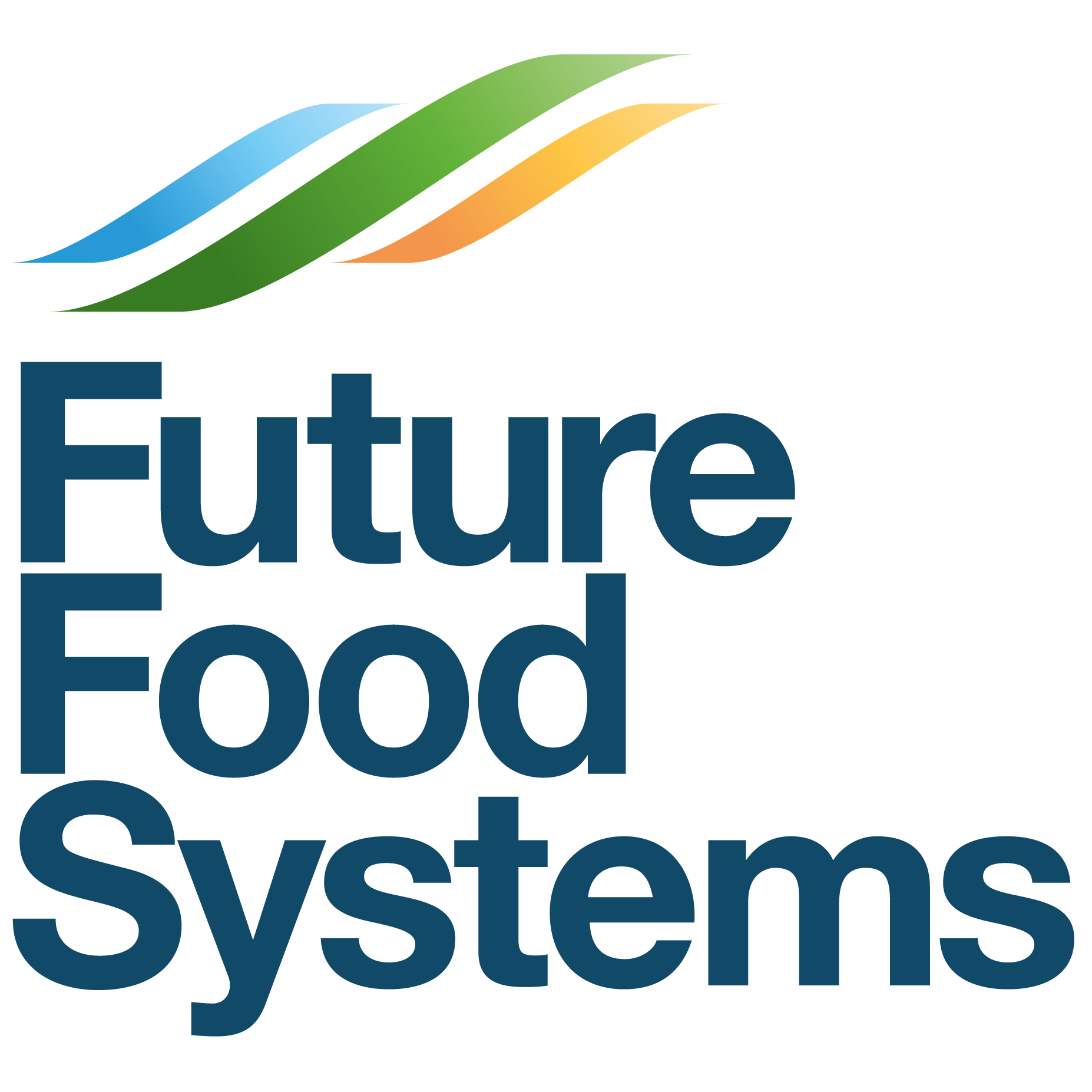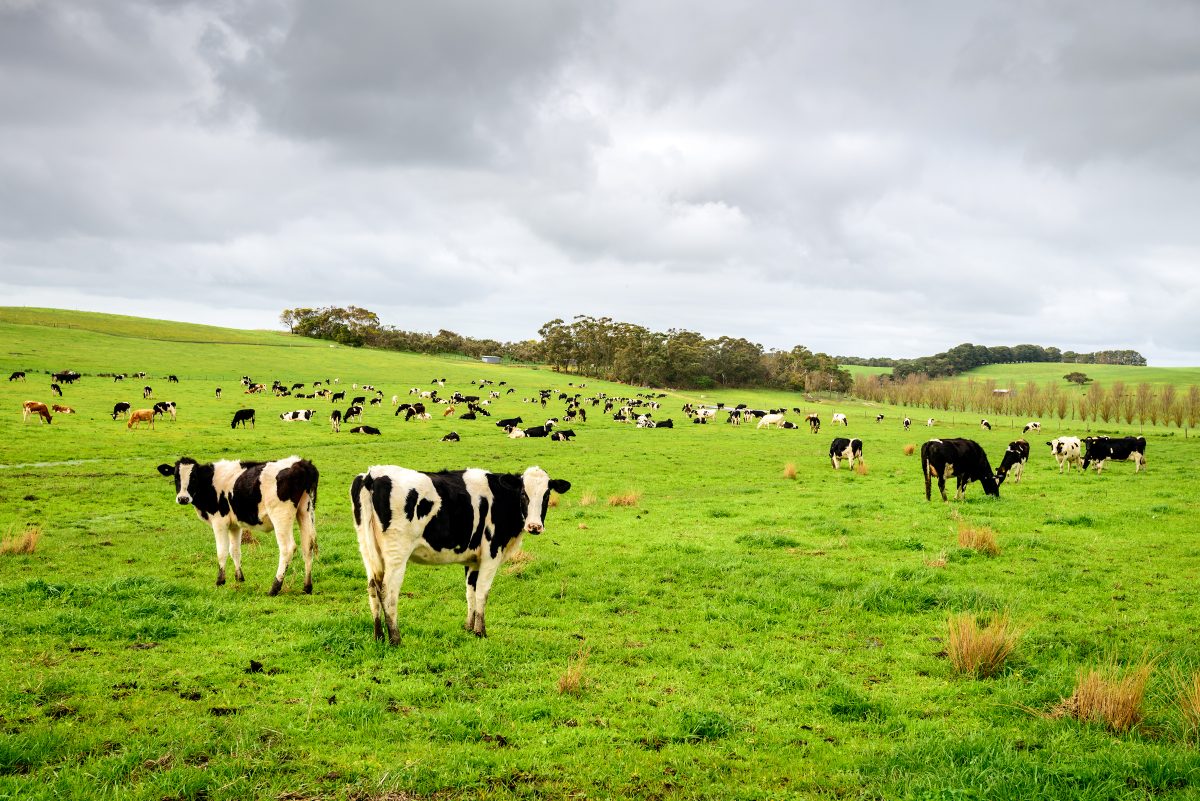New research by scientists at the Swedish University of Agricultural Sciences has found that supplementing cow faeces with tropical algae Asparagopsis taxiformis (AT), aka ‘red sea plume’, reduces methane emissions from the treated manure significantly.
Asparagopsis taxiformis is a red algae species, widely distributed in tropical to warm waters. Its principal compound is bromoform, which mitigates methane by blocking the process by which the gas is generated.
The scientists found that while supplementing dairy cows’ diets with AT did not reduce methane emissions from their manure, adding AT to the manure made a big difference.
“We showed that adding AT to the feces [sic] of dairy cows significantly reduced methane production from the feces – by 44% compared to feces without AT,” researcher Dr Mohammad Ramin said. “It also turned out that methane production from feces of cows that had been supplemented with AT in their diet was not lower than from the feces of cows that had not been fed the alga.”
View the original paper in Frontiers in Sustainable Food Systems.
Source: Frontiers in Science
Lead image: Cow manure treated with ‘red sea plume’ algae emit significantly less methane than untreated poo, Swedish scientists have found. Credit: Shutterstock

